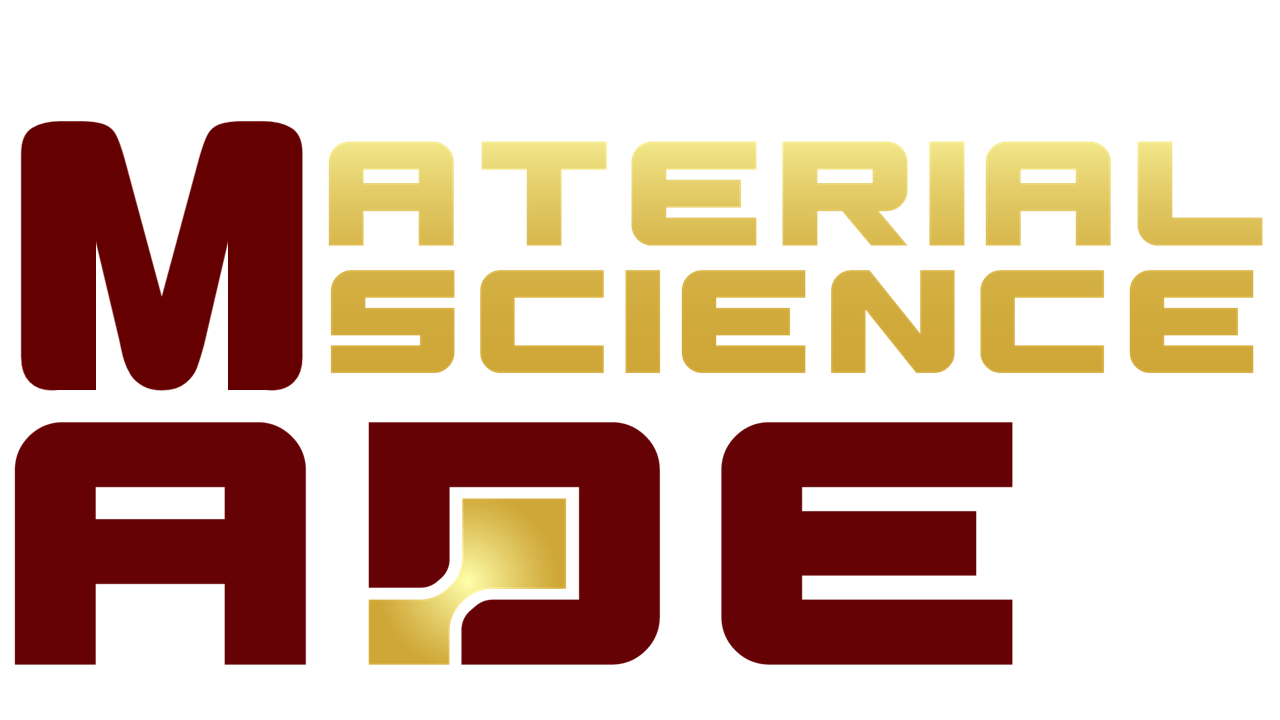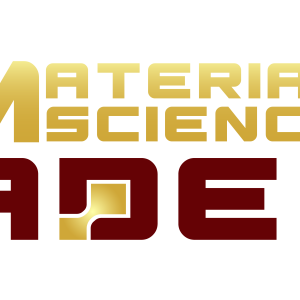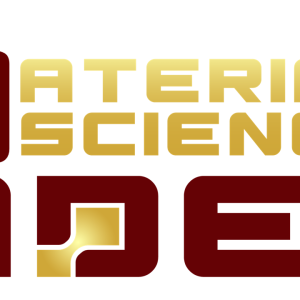Description
Basic structure consists of the following units customized to your company’s requirements:
- Industry-Specific Material Requirements: Understanding the materials commonly used in your industry (e.g., aerospace, automotive, medical, construction), including their strengths, weaknesses, and key applications.
- Standards and Regulatory Compliance: Familiarizing staff with the industry standards, certifications, and regulatory requirements that impact materials and manufacturing processes.
- Material Selection and Optimization for Product Design: Training on choosing the best materials for specific products, balancing factors like durability, cost, and sustainability.
- Failure Analysis and Quality Control: Developing skills in identifying failure modes, conducting root-cause analysis, and implementing quality control measures to ensure product reliability.
- Lifecycle and Sustainability of Materials: Understanding the environmental impact of materials, including recyclability, waste reduction, and energy-efficient production.
- Corrosion and Wear Resistance: Focusing on the degradation of materials, protection techniques, and improving longevity in industry-specific environments (e.g., extreme temperatures, chemical exposure).
- Advanced Manufacturing Techniques: Learning modern manufacturing methods relevant to the industry, such as additive manufacturing, automation, and precision machining, along with how these affect material properties.
- Supply Chain and Material Sourcing: Educating on global sourcing, supplier evaluation, and material supply chain management to ensure quality and cost-efficiency.
- Emerging Technologies and Materials: Staying updated on new materials and technologies, like smart materials, nanotechnology, and bio-based alternatives, that could give a competitive edge.
- Data-Driven Decision-Making in Material Science: Applying data science and machine learning for material selection, process optimization, and predictive maintenance, tailored to industry needs.


